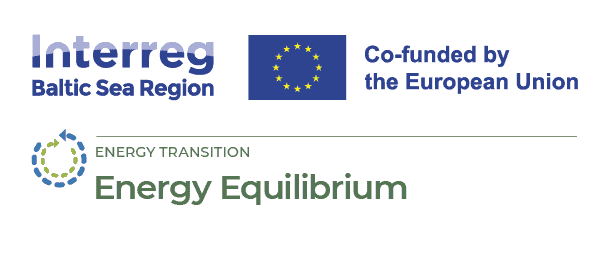
Advancing Energy Storage Policies: A Comparative Analysis of European Countries
13 August 2023
A study by RTU was conducted to investigate the efforts made by specific European countries and the United Kingdom in advancing the policies of energy storage systems. The European Union has consistently encouraged the adoption of such systems, with the European Commission creating policy tools and initiatives. Nonetheless, it is the responsibility of each country to nurture these efforts and incorporate them into their own regulatory framework.
Energy storage policies To comprehensively evaluate the progress made by different countries in energy storage technology policies, an extensive comparative analysis was conducted. This analysis encompassed up-to-date literature, publicly available information on energy storage policies, and valuable data extracted from the energy policies database of the International Energy Agency. A total of 18 countries were examined based on six critical measures:
- the establishment of a robust regulatory framework – a carefully crafted collection of rules, policies, and regulations specifically designed to oversee the implementation, functioning, and safety aspects of energy storage technologies.
- the utilization of tax relief measures – government incentives or exemptions designed to reduce the tax burden on individuals or businesses when they invest in, purchase, or install energy storage technologies;
- the provision of financial incentives through grants and subsidies – financial incentives provided by governments or other organizations to support the adoption and deployment of energy storage technologies. Subsidies for energy storage systems can take various forms, such as tax credits, grants, low-interest loans, performance-based incentives, and feed-in tariffs. Grants are typically offered as a non-repayable form of financial assistance;
- the development of a comprehensive and well-structured strategy for energy storage deployment;
- the allocation of adequate funding for implementation, and the introduction of incentives to stimulate domestic manufacturing of energy storage technologies.
The analysis revealed that the United Kingdom has displayed remarkable efforts in implementing measures to promote the widespread adoption of energy storage systems. Among the countries evaluated, Spain, Germany, Italy, Romania, Austria, Poland, and Lithuania were only missing one out of the six measures. The most common absence identified was the absence of a comprehensive and structured strategy for energy storage deployment or tax relief. The comparative analysis indicates that subsidies and grants are the most frequently employed policy tools to encourage the deployment of energy storage. It is important to mention that certain countries only met one criterion. Therefore, it is advised to diversify and broaden the range of policy tools used.
Drivers & barriers In order to enhance the process of drawing conclusions and formulating recommendations, various factors that can either hinder or facilitate the development and deployment of energy storage systems were identified. While the specific drivers and barriers differ for each country, the lack of comprehensive and harmonized legal frameworks that result in double charges, along with the absence of direct support and clear incentives for strategic investments from regulatory bodies, are the primary factors that impede long-term development of the energy system. To increase the profitability of energy storage systems, it is recommended that regulators establish a distinct asset class for energy storage and create new markets that recognize and reward the multiple benefits offered by energy storage technologies.
This study was conducted as part of a research project by RTU. Findings of this research are also relevant to the development of the Energy Equilibrium project. The main results are described in the following scientific publication: Dolge, K., Vičmane, L.K., and Blumberga, D. (2023). Unlocking the Potential of Renewable Energy: Analyzing Energy Storage Deployment and Policy in the EU.
This article was prepared by Laura Kristiāna Vičmane.
© Photo by Shutterstock.





